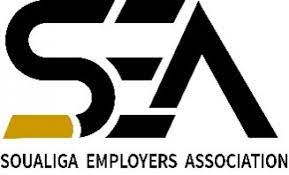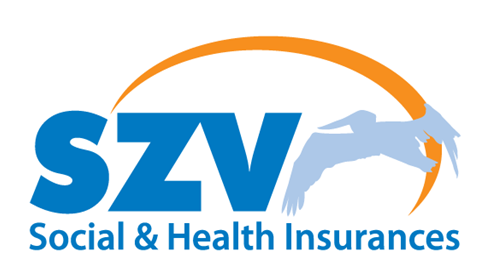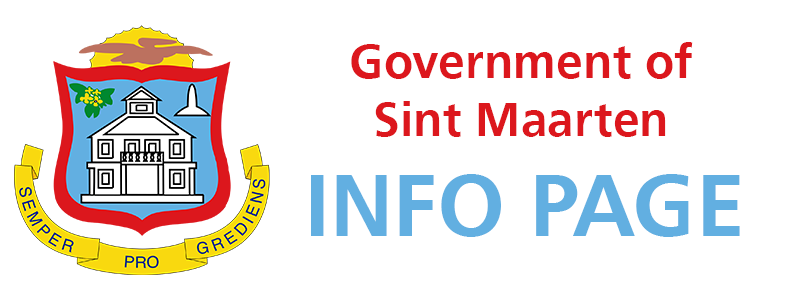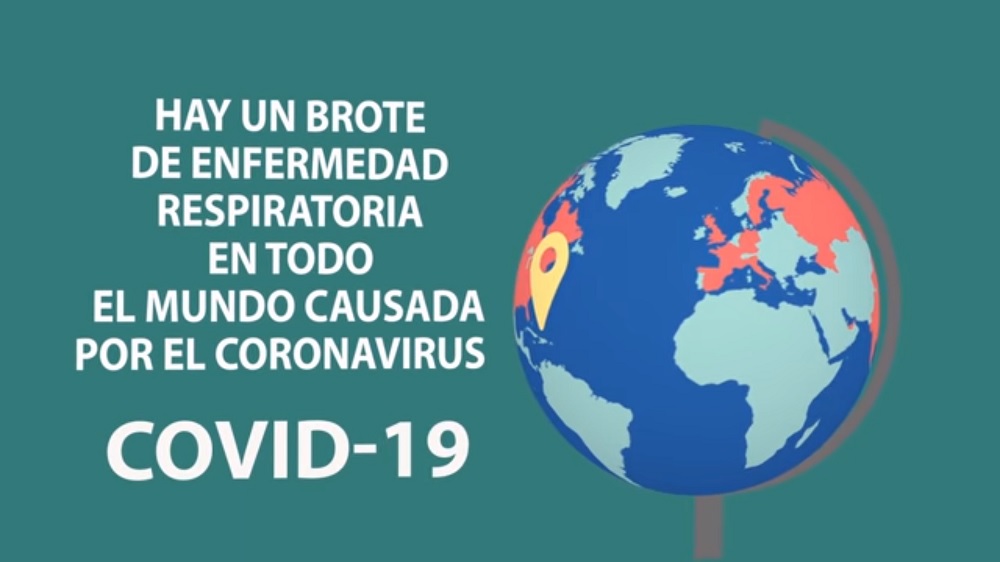SEA Expresses Concerns on the Direction of our Healthcare System
The Soualiga Employers Association (SEA) has expressed concerns about the direction of the country’s healthcare system given the noted developments in recent months on the part of SZV and its policy of increasing the threshold of the wage cap. SEA’s primary concern is the viability or state of readiness of the institution SZV to carry what is seemingly a National Health Insurance (NHI). Additionally, there are also concerns about SZV’s readiness for the transition of taking on board the persons from the private insurance companies who falls within the now new stipulated threshold. Last but not least, SEA is very concerned about the effect on the premium for employees and employers. We all know that the scale size of the NHI is limited and that healthcare costs are continuously increasing. Can our country carry its own NHI?
SEA believes that this transition requires additional manpower, finance, and above all employee numbers to increase the coffers of SZV through their premium contribution. The question now, becomes: has there been a study lately to get an understanding of the demographics of the working population? What is the compliance rate of the working population to SZV? What are the numbers of the dependencies of the working population that falls within the now new stipulated threshold? What will be the insurance package after the different funds are merged and the financial consequence of that (e.g. dental, vision, arrangements on medical services abroad)? SEA considers these questions rather imperative since the sustainability of the perceived NHI is dependent on the number of increased enrolments with the SZV institution and on the content of the insurance packages.
SEA is aware that a number of reforms have been proposed to the health care and economic sustainability of Country Sint Maarten, which we firmly believe is needed. However, SEA is concerned as to the mannerism of how these reforms are imposed and also the financial viability of the “vehicles” used; and in this case, the institution SZV. Therefore, the questions beg, is SZV financially and capacity-wise equipped for the efficient transition and implementation of the reforms? Or is there the need, to demand that an independent financial audit and feasibility study be conducted on the institution SZV?











